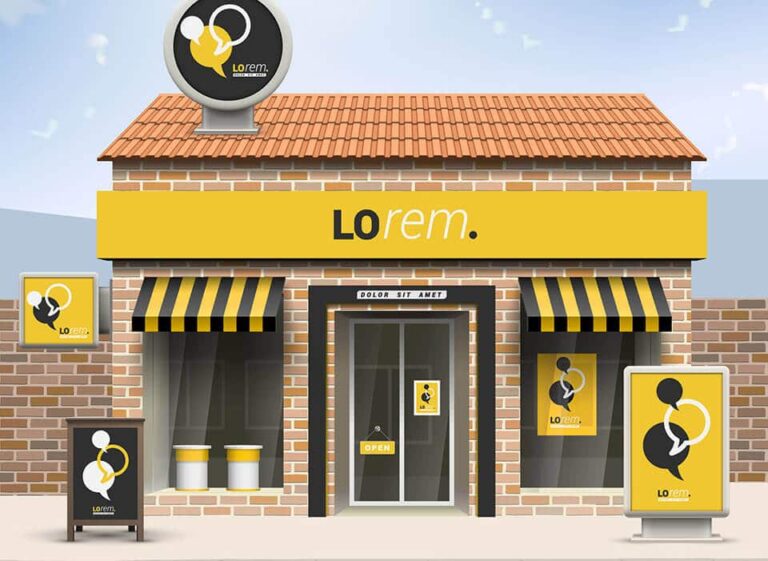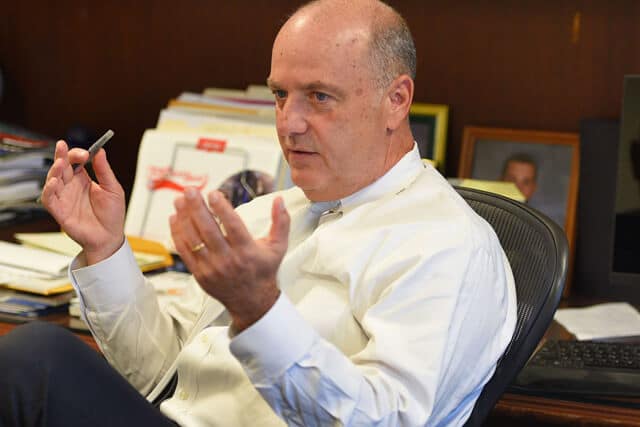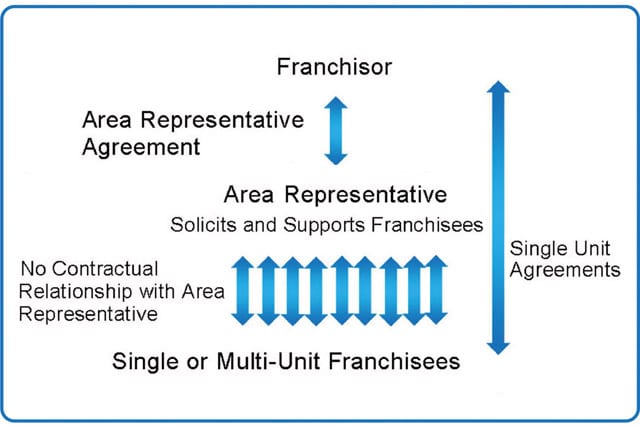Start-Up Costs: Determining Your Initial Franchise Investment
Smart franchisees investigate the costs in their area and modify the franchisor’s projections based upon the reality of their markets.

Smart franchisees investigate the costs in their area and modify the franchisor’s projections based upon the reality of their markets.

Franchising is a system for expanding a business and distributing goods and services, and is based on a relationship between the brand owner and the local operator to skillfully and successfully expand.

As a franchisee, you are agreeing to follow someone else’s operating system, including specific requirements for marketing, suppliers, and the products or services you offer.

Only you can determine whether becoming a franchisee is right for you and your family. Do your due diligence before making a life-changing investment.

Franchising is life-changing for countless new business owners – but only those who understand the fundamentals of franchising are likely to succeed.

Franchisors must provide the presale disclosure document (FDD) to prospective franchisees so that they can make an informed decision prior to entering into a franchise relationship.

Franchising is the dominant creator of small independently-owned businesses in the United States, and has been for decades, with 800,000 franchises in more than 120 industries employing over 9 million.

Every franchise is governed by the terms of a contract between the licensor – the franchisor – and a licensee – the franchisee. This contract is called the Franchise Agreement.

The Franchise Agreement is signed by both parties upon completion of the deal to do business together. In contrast, the FDD is presented prior to the final agreement. Both must be understood.

The various types of franchise relationship structures and how they function, from single-unit and multi-unit franchising, to master franchising and area representatives, as well as other franchise options.
MSA Worldwide Franchising Resources & Library